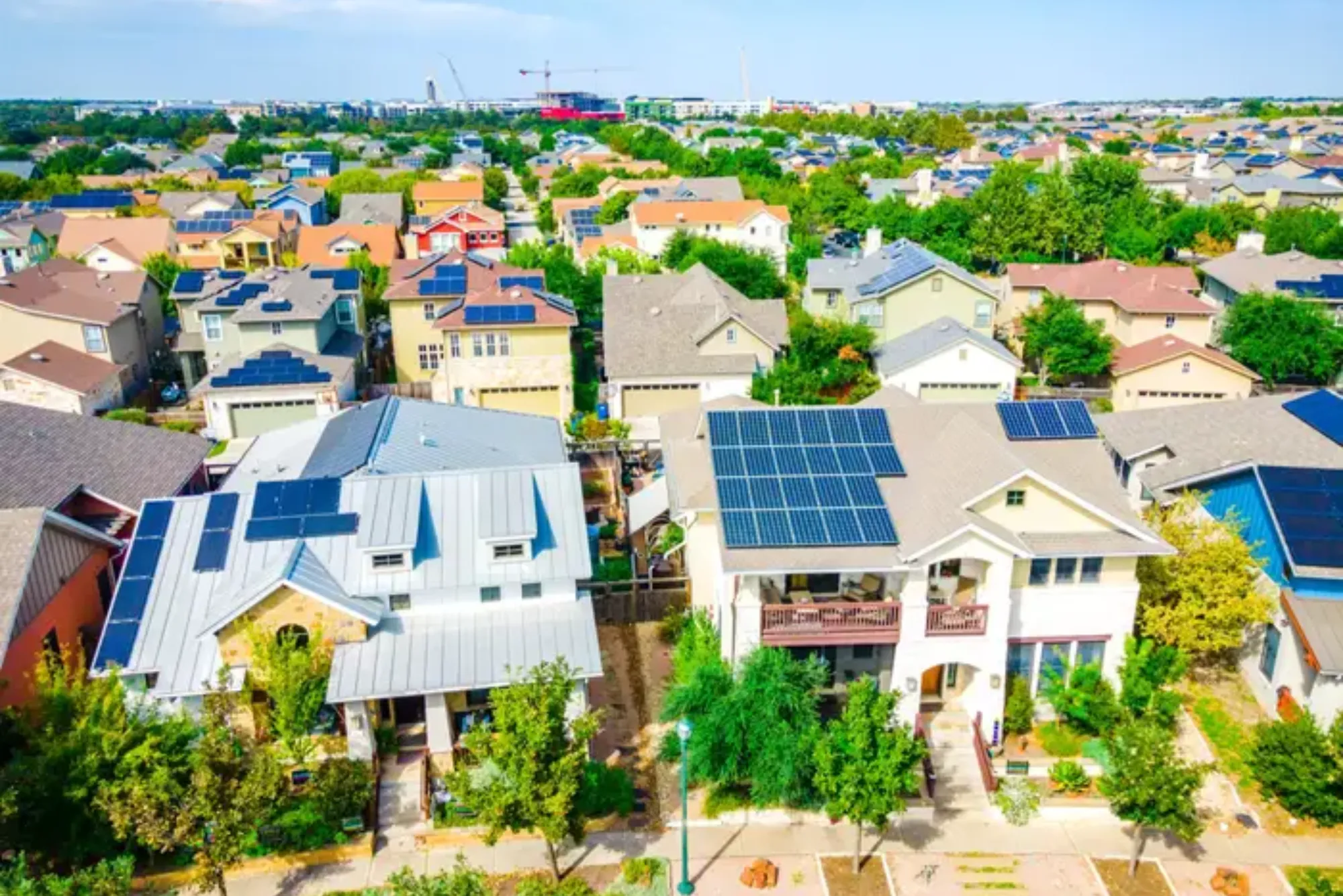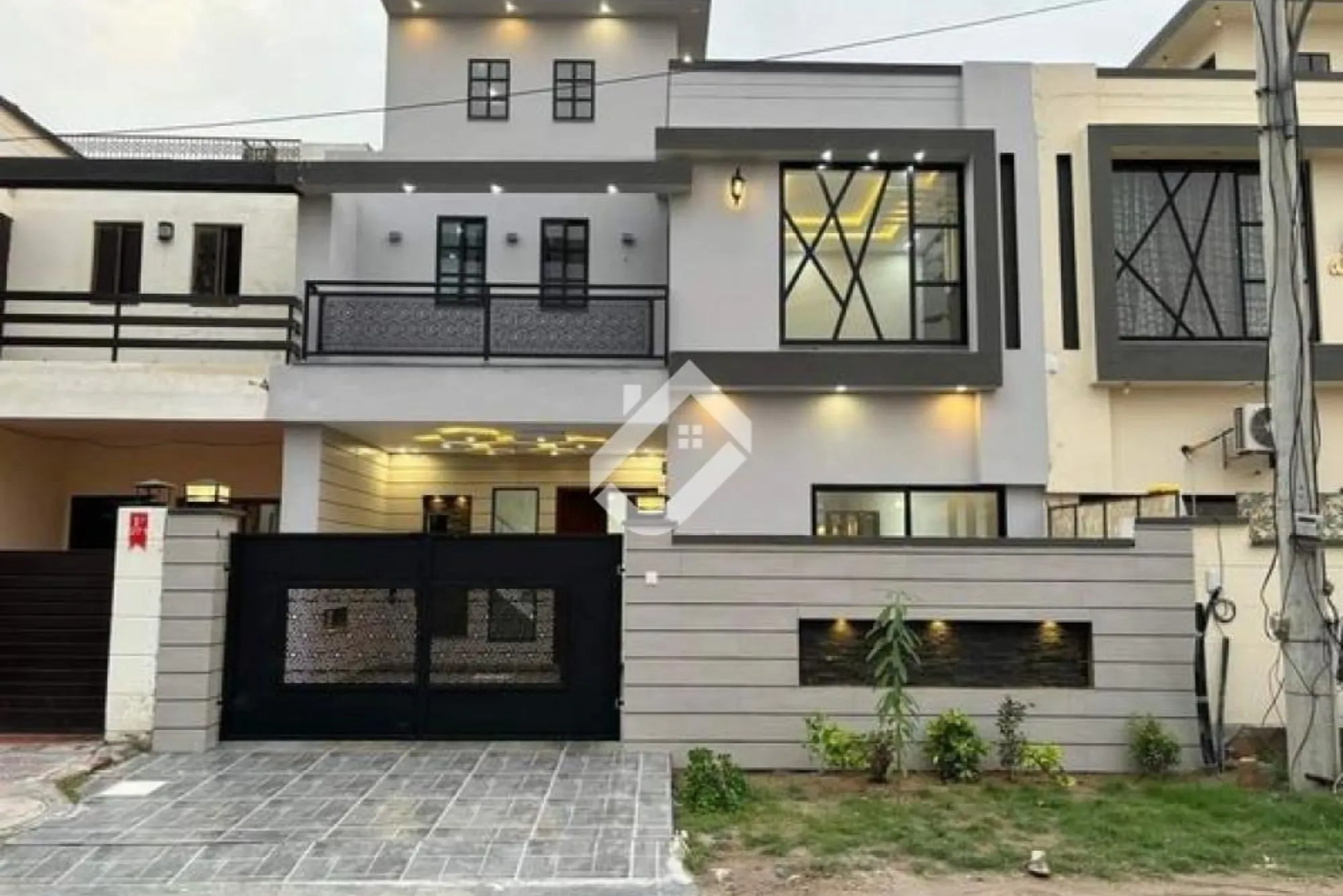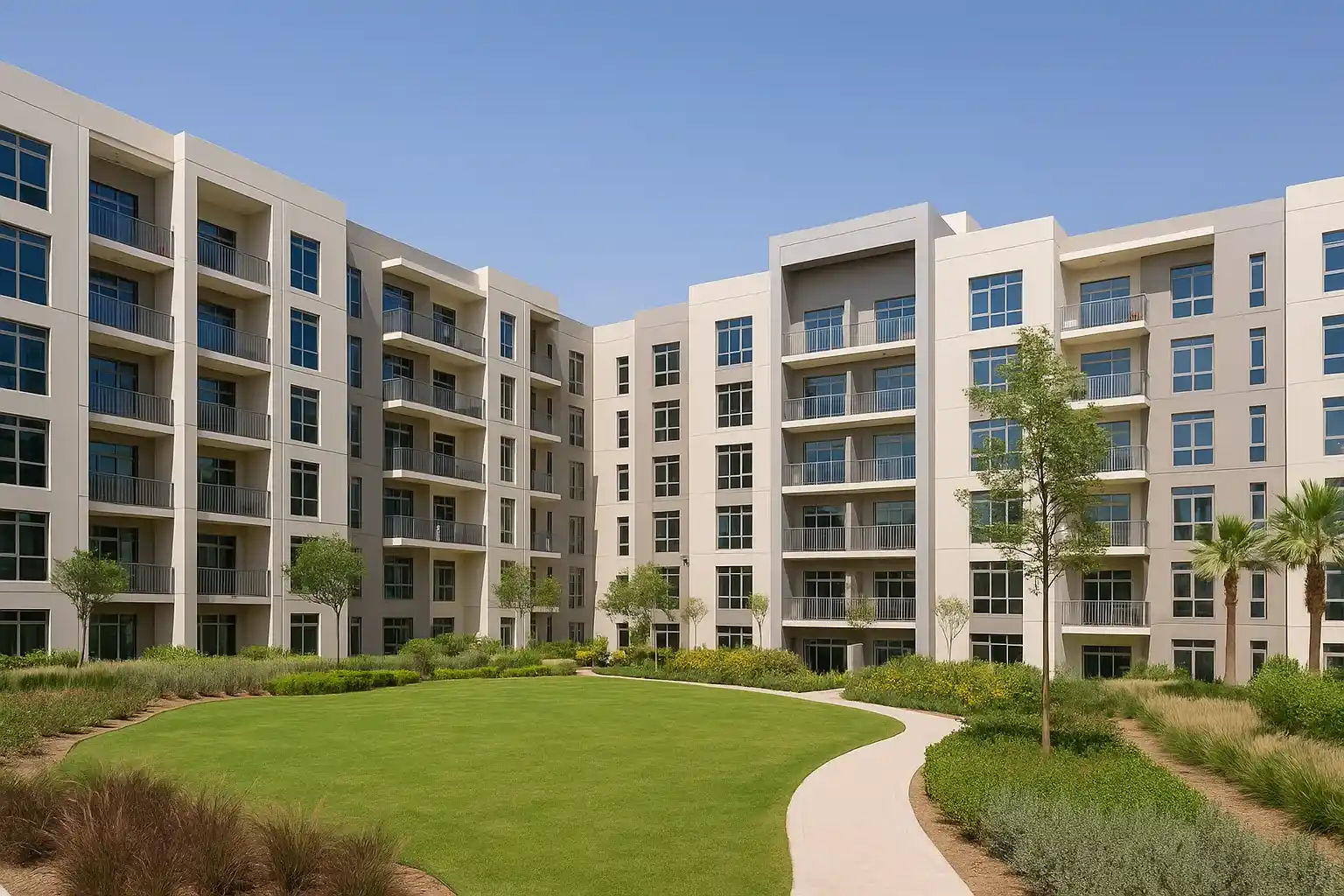Buying a house is one of the most significant decisions in life. Whether you’re a first-time buyer or a seasoned investor, finding the right home that fits your needs and budget can be overwhelming. The real estate market offers a wide variety of houses, and navigating through listings can be challenging without proper guidance. This website aims to help you understand the housing market, explore different types of houses, and guide you through the process of buying your dream home.
Types of Houses for Sale
The real estate market offers many types of homes, each catering to different lifestyle needs. Understanding these options will help you narrow down your choices.
- Single-Family Homes: Standalone houses that offer more privacy and space, typically suited for families.
- Townhouses: Multi-level homes that share walls with neighboring units but have separate entrances and often include outdoor space.
- Condominiums: Apartments within a larger building where the buyer owns the individual unit but shares common areas.
- Luxury Homes: High-end homes offering premium amenities, often located in upscale neighborhoods.
- Multi-Family Homes: Properties that consist of more than one housing unit, ideal for buyers looking for rental income.
- Fixer-Uppers: Homes that may need repairs or renovations but are often available at lower prices, making them appealing for investors or DIY enthusiasts.
How to Choose the Right House
When buying a house, several key factors should influence your decision:
- Budget Considerations: Before starting your search, it’s crucial to determine how much you can afford, taking into account mortgage payments, property taxes, and maintenance costs.
- Neighborhood Research: The location of your future home is just as important as the home itself. Consider proximity to work, schools, and essential amenities like grocery stores and public transportation.
- Size and Layout: Think about your current and future needs. Do you need more bedrooms, a spacious kitchen, or a large backyard?
- Future Resale Value: Choose a home that will maintain or grow in value over time. Research market trends in the area.
- Proximity to Amenities: Living close to good schools, parks, and shops can add value to your home and improve your quality of life.
Financing a House Purchase

Securing the right financing is essential when buying a home. There are several mortgage options to choose from:
- Fixed-Rate Mortgages: These mortgages offer the same interest rate throughout the life of the loan, making it easy to budget.
- Adjustable-Rate Mortgages (ARMs): Interest rates may fluctuate, leading to lower initial payments but potential increases over time.
- FHA Loans: A popular choice for first-time buyers, these loans require lower down payments.
- VA Loans: Available to veterans, these loans offer competitive interest rates and no down payment.
In addition to mortgage options, you may qualify for down payment assistance programs that help reduce your initial costs. It’s important to understand interest rates and how they affect your monthly payments. Getting a pre-approval from a lender can streamline your home-buying process by confirming your eligibility.
Steps to Buying a House
The process of buying a house involves several key steps:
- Initial Search: Start by browsing listings online or attending open houses to get a sense of what’s available.
- Finding a Real Estate Agent: Working with a professional can make the buying process easier, as agents have in-depth market knowledge and can negotiate on your behalf.
- House Viewing and Inspections: Visit properties in person to assess their condition and suitability. Hire a professional inspector to check for any hidden issues.
- Making an Offer: Once you find the right house, submit an offer based on its market value and your budget.
- Closing Process: The final step involves paperwork, securing a loan, and completing a home appraisal. After this, the keys are yours!
Key Considerations When Buying a House
- First-Time Home Buyers’ Guide: It’s essential for first-time buyers to educate themselves about the market and financing options.
- Investment Properties: If you’re buying a property for investment, consider factors such as rental income and appreciation potential.
- New vs. Existing Homes: New homes offer modern features, while older homes may come with charm but require renovations.
- Hidden Costs of Homeownership: Besides the purchase price, budget for insurance, utilities, and maintenance.
- Homeowners’ Association (HOA) Fees: Some properties, especially condos, may require monthly fees for communal maintenance.
Popular Cities for Buying Homes

Different cities offer varying real estate opportunities:
- Houses for Sale in New York: A competitive market with a mix of luxury apartments, condos, and single-family homes.
- Houses for Sale in Los Angeles: Known for its beautiful neighborhoods, LA offers both affordable and luxury homes.
Researching local market trends is essential to finding a house in a city that fits your budget and lifestyle.
Real Estate Market Trends
The real estate market is dynamic and influenced by several factors:
- Current Market Overview: Understand whether the market favors buyers or sellers, as this will affect prices.
- Forecast for Home Prices: Keep an eye on predictions for price fluctuations in the coming years.
- Impact of Interest Rates on Buying: Interest rates directly influence how much you’ll pay over time. Low rates make it more affordable to borrow, while high rates increase costs.
Table: Key Considerations for House Buying
| Factor | Description |
|---|---|
| Budget | Set a clear budget and consider all financial factors |
| Neighborhood | Research schools, amenities, and crime rates |
| Size & Layout | Choose a home that fits your lifestyle |
| Future Resale Value | Invest in a home with good resale potential |
| Mortgage Type | Select the right mortgage based on your finances |
| Inspection | Ensure the home is in good condition |
| Closing Costs | Budget for additional fees during the closing process |
FAQs About Buying Houses
How much do I need for a down payment?
A: Typically, you need 20% of the house price, but some loans offer lower down payment options like 3-5%.
Should I get a home inspection?
A: Yes, a home inspection is crucial to uncover any potential issues that may not be visible during a showing.
What are closing costs?
A: Closing costs typically range from 2-5% of the home’s price and cover fees such as title insurance, appraisal, and loan origination.
How long does the home buying process take?
A: On average, the home buying process takes around 30-60 days, but it can vary depending on the market and financing options.
Buying a house is an exciting yet complex process. By understanding your options, setting a budget, and securing the right financing, you can make informed decisions that lead to finding your perfect home. Explore our listings and use the resources available on this website to start your home-buying journey today.




